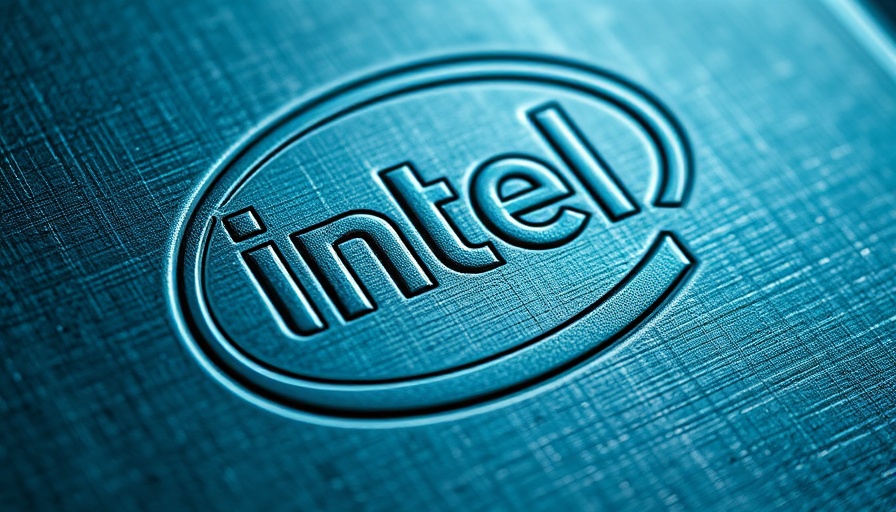
Retirees Voice Growing Pessimism Over Tariffs and Inflation
Amid rising costs and turbulent economic conditions, recent surveys reveal that a significant number of retirees harbor fears related to President Trump's trade tariffs. According to the Nationwide Retirement Institute’s 12th annual Social Security survey, a stark 50% of retirees express being 'terrified' that tariffs may compromise their retirement stability. As inflation continues to climb, 63% of respondents indicated that they worry these policies could exacerbate inflation beyond the limits of Social Security’s yearly cost-of-living adjustment (COLA).
Tina Ambrozy, head of strategic customer solutions at Nationwide, highlighted the growing unease among older Americans, stating that in today's landscape, retirees are grappling with economic uncertainties that feel increasingly daunting. With a backdrop of inflation and introduced tariffs, many are questioning the adequacy of their Social Security benefits.
Understanding the Financial Landscape
The concerns raised are not confined to retirees alone; in fact, the survey reveals that 70% of non-retirees also share similar apprehensions regarding the potential adverse impact of tariffs on future Social Security COLA adjustments. This fear is fueled by the general belief that Social Security may not be robust enough to sustain retirees in the long run, with 83% of Americans expressing worries about the program's long-term viability.
As the federal government attempts to navigate challenging trade negotiations and economic policies, key financial programs like Social Security face significant stress. The system's trust funds are projected to be depleted by 2034, resulting in potential reductions in benefits by about 19% if corrective measures are not taken.
Potential COLA Predictions for 2026
As beneficiaries eagerly await the official COLA report due later in the year, estimates suggest that Social Security payments may increase by around 2.7% in 2026. However, the effectiveness of this anticipated rise in support amidst ballooning prices remains uncertain, with inflation significantly outpacing recent COLA adjustments in previous years.
Justin Smith, an investment counselor with nearly two decades of experience, notes that current trends call into question the adequacy of future COLA increases. “With prices shooting up for necessities, a mere 2.7% increase could turn out to be insufficient for many retirees,” he cautioned.
Seeking Professional Guidance Amid Uncertain Times
Data shows that retirees who consult with financial advisors tend to harbor greater concerns regarding the implications of tariffs and inflation. Financial professionals provide essential insights that can help retirees navigate these economic pressures and explore options to safeguard their retirement funds.
In this climate of unpredictability, personal finance experts urge individuals to reassess their financial situations and explore diverse strategies that may hedge against the rising costs of living. The importance of diversifying investments becomes paramount, as retirees look to balance their portfolios in response to fluctuating economic conditions.
Broader Social Security and Economic Trends
Factoring in external influences, the economic implications of tariffs stretch far beyond mere financial adjustments; they risk deepening existing income inequality. For low- and middle-income families, increased inflation strains budgets and life quality. The effects of such tariffs ripple through social classes and demographics, compounding fears regarding future financial stability.
A Path Forward: Navigating Retirement Concerns
In light of these anxieties, there are proactive steps individuals can take to bolster their financial resilience. Beyond seeking professional advice, cultivating a strong financial literacy can empower retirees with the knowledge to make informed decisions on budgeting, investing, and what retirement looks like. Whether through self-education or workshops, every bit of knowledge helps retirees strategize effectively amidst shifting economic tides.
Importantly, building habits around savings and emergency funds could help mitigate the impacts experienced due to sudden economic shifts. Both retirees and soon-to-be retirees are encouraged to consider flexible financial planning that prioritizes foundational stability.
Join the Conversation
The intersection of tariffs, inflation, and Social Security is a sensitive topic impacting millions across the country. As we navigate these uncertain times, sharing insights and experiences can foster better understanding and community among retirees. Whether through online forums or local discussions, engaging with others facing similar issues can provide diverse perspectives and potentially helpful strategies.
In conclusion, as retirees grapple with fears concerning their financial futures, it’s crucial to remain informed and proactive. Engaging in dialogue surrounding these matters can not only ease individual worries but also contribute collectively to finding solutions in an unpredictable economic landscape.
 Add Row
Add Row  Add
Add 




Write A Comment